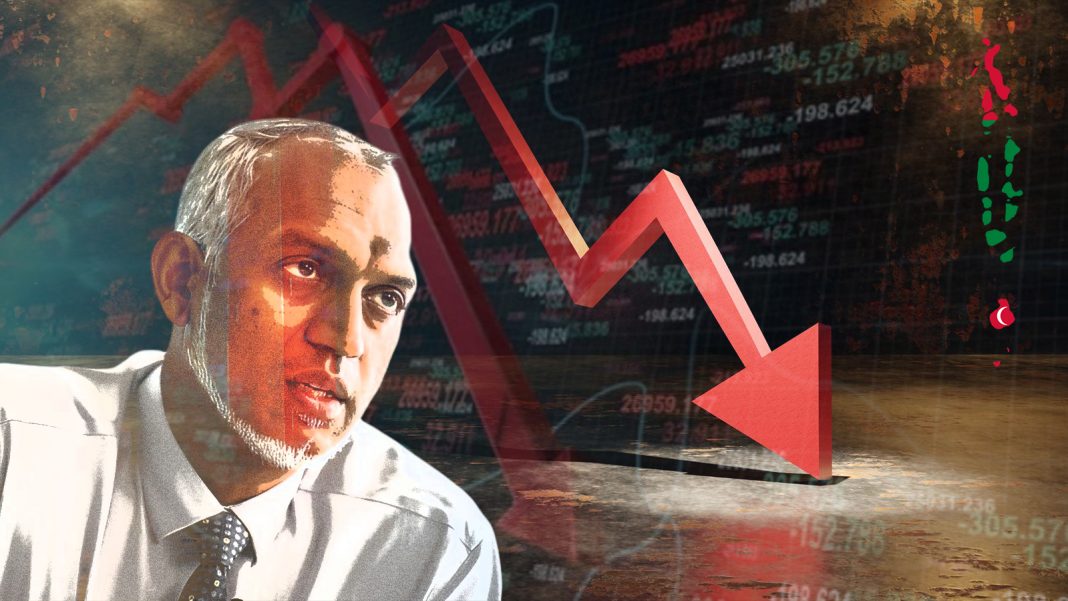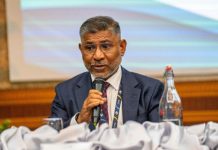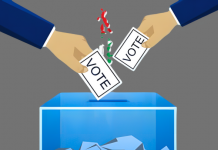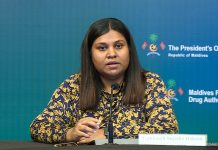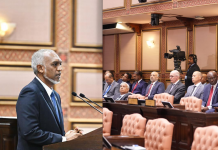The Muizzu administration recently found itself at the center of a heated controversy after alleging that a coup attempt was underway, following the Bank of Maldives (BML)’s suspension of dollar transactions from Rufiyaa accounts. The government’s assertion, however, has sparked widespread criticism and accusations of deliberate manipulation to sway public opinion.
The controversy erupted when BML, in which the Maldivian government holds a majority stake, abruptly announced the suspension of dollar transactions through Rufiyaa accounts. Compounding the public outrage, the bank also reduced the spending limit on existing credit cards to a mere USD 100. This sudden move caused significant concern among the populace, prompting immediate backlash. The outcry was so intense that the Maldives Monetary Authority (MMA) intervened, leading to a swift reversal of the bank’s decision.
Despite the quick resolution, the initial damage had already been done. The government capitalized on the situation, promoting a narrative that BML’s actions were part of a broader, sinister plot to destabilize the nation.
Government-Controlled Media: Spreading the Coup Narrative
Sources within the media revealed that officials from the President’s Office, including Communications Minister Ibrahim Khaleel, contacted various media outlets to push the “financial coup” narrative. Pro-government media and social media accounts began amplifying the idea that BML’s decision was not just a financial misstep but a deliberate attempt to overthrow the government.
The opposition Maldivian Democratic Party (MDP) found itself entangled in the controversy. During a press conference addressing the country’s economic challenges, pro-government outlets allegedly distorted the MDP’s statements to fit the coup narrative. Furthermore, fake social media accounts reportedly called for the government’s overthrow, adding fuel to the government’s claims of an attempted coup.
In the midst of the media frenzy, the police remained conspicuously silent. It wasn’t until Monday night, coinciding with a rally of the ruling People’s National Congress (PNC) in Male’, that the police announced a “serious investigation into the alleged coup attempt.” Despite the announcement, no arrests have been made, and no suspects have been questioned, raising doubts about the credibility of the government’s claims.
The police stated that BML’s decision was made against the advice of the government, implying that the bank’s actions were autonomous and not a reflection of government policy. Yet, the police statement echoed the government’s narrative, suggesting that efforts to incite unrest following BML’s decision could be interpreted as attempts to overthrow the elected administration.
President Dr. Mohamed Muizzu was among the most vocal in promoting the coup narrative. During the PNC rally, he described BML’s decision as a “direct coup attempt,” pointing to the timing of the MDP’s press conference as evidence of a coordinated effort to undermine his government.
On the other hand, MDP Chairperson Fayyaz Ismail dismissed the government’s claims as baseless and absurd. He and others in the public sphere criticized the government’s narrative as an overreach and a diversion from the real economic issues facing the Maldives.
The Muizzu government’s handling of the BML dollar transaction suspension has highlighted deep divisions within the Maldives’ political landscape. While the administration continues to push the coup narrative, growing public skepticism and criticism suggest that many view this as a politically motivated ploy rather than a genuine threat to the nation’s stability. As the situation develops, the government’s credibility and the broader implications for the Maldives’ democracy remain under intense scrutiny.

